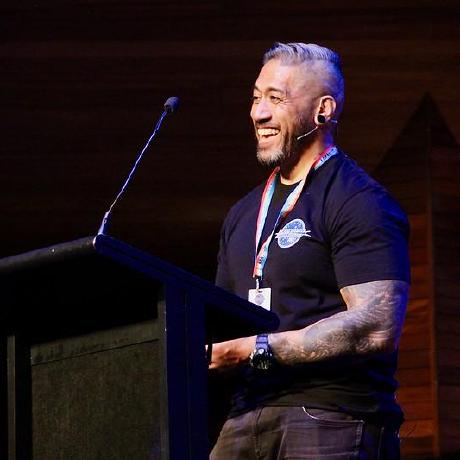Illusions.
I've seen the trailer and it has been pushed a few times in Netflix's recommendation algorithm to me, but I've yet to watch it.
It's the short documentary by Jonah Hill, with his psychotherapist, the man that changed his life for the better, Phil Stutz.
It's called "Stutz".
The following clip talks about the idea of "The snapshot / realm of illusion" where people really idealise their lives and their hopes and dreams.
And they leave out 3 key aspects of reality, which are:
- The pain will never go away
- The uncertainty will never go away
- No getting away from the need for constant work.
This is not a new paradigm, in my experience, for finding peace, or fulfillment or whatever "positive" thing out of life. The person who deeply considers these realities and how to integrate it into their thinking and actions, will come away better off in how they experience and navigate life.
My post on "Goals" where I talk about "Systems not Goals", talks about how our firstly, our focus is wrong in answering the question "what do I want to do with my life?" and set goals, instead we should be figuring out if what we want to do is a destination, or state of being e.g. do we want to have a six pack? or be the kind of person who has habits and behaviours that end up having a six pack?
Because the former gets a six pack. The latter gets whatever someone who has the habits and disciplines that result in a six pack, can get.
Whatever reality we want to make true for ourselves, I think it's imperative to first answer the question of what we really want out of life? And then face those objectives with the 3 aspects of reality to dissuade ourselves of any illusions we may try to form.
